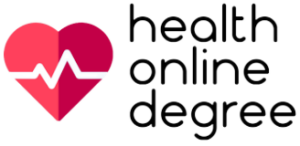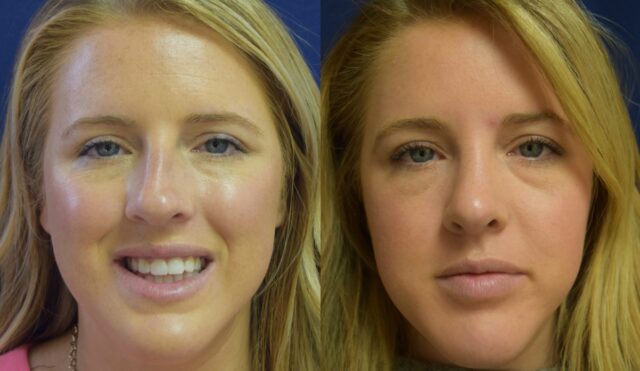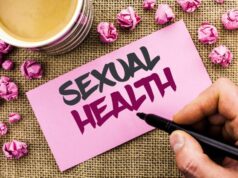The recovery period for rhinoplasty is determined by your appearance rather than your ability to function. It doesn’t depend on how well your body functions. It all boils down to a procedure performed on the bone and cartilage beneath your nose’s skin.
You should expect some downtime after rhinoplasty, as with any surgical treatment. It’s a good idea to know what a nose job recovery comprises before you have your operation done, so you’ll know exactly what to expect and how to prepare for a quick and painless recovery.
The Time You Need To Recover From Rhinoplasty
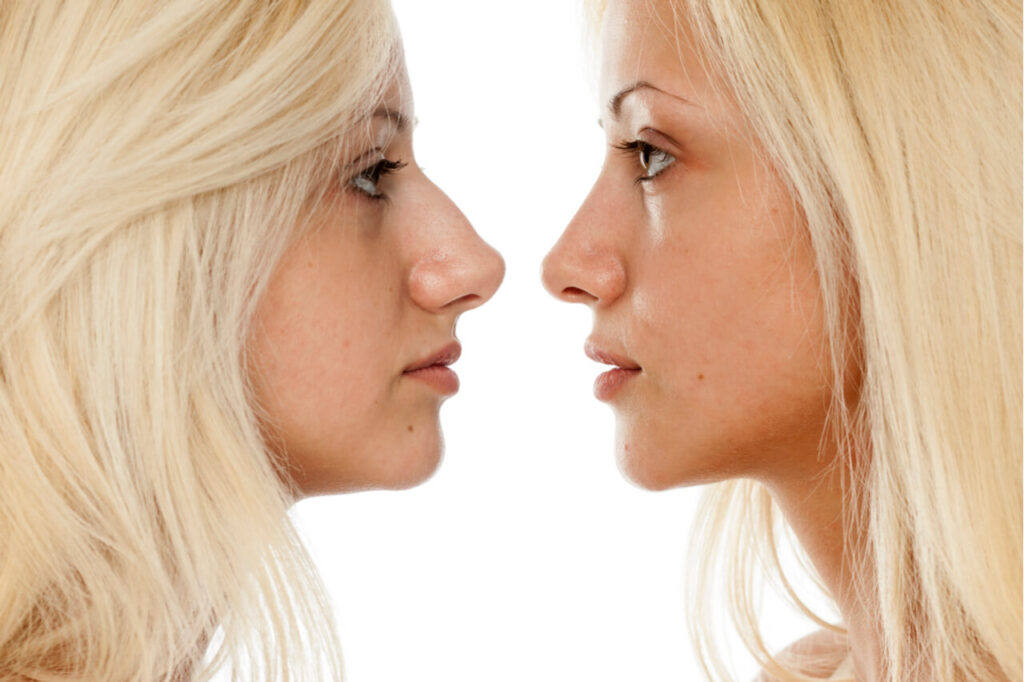
The length of time it takes to recuperate from rhinoplasty varies depending on the extent of the procedure; more drastic modifications requiring advanced methods, for example, require more downtime than a minor touch-up.
Bruising from rhinoplasty is usually minimal. There may be very little for someone who is only getting rhinoplasty surgery. If the operation included cosmetic alterations and the treatment of a broken nose, there could be more.
The restriction is usually five, six, or seven days, and it continues to drop and fade away swiftly. Everyone has their own set of factors. There are no two people with the same problems. Some people have a proclivity for bruises, whereas others do not. The only thing that nature guarantees is that the bruising will fade away.
While rhinoplasty “recovery” is deemed complete after 3-6 months, there is still further maturation and improvement after a year. Until 12 months after surgery, the tip of the nose usually becomes even more polished. As the remaining remnants of swelling beneath the skin fade, the width narrows. The nose improves with age, just like excellent wine.
Visits are provided on an as-needed basis at the one-year mark and milestones after that, although most patients find them unnecessary. The final effects will become evident over time, and you will be able to enjoy your rhinoplasty by forgetting you ever had it. Your new nose will appear to be a natural extension of your face, and images of your previous nose will appear strange.
Looking like before is a daily process. Swelling continues to decrease. It is usually at its peak on the second day. The way one looks after themselves after a rhinoplasty, such as taking the prescribed medications like arnica and icing the eyes and cheeks right after surgery, all contribute to the speed of healing, as indicated by decreased swelling and bruising.
Tips To Recover Faster From Rhinoplasty
Is there a method for making this timeline speed up? There are various things you can do to assist your recovery from a rhinoplasty with going all the more without any problem. Coming up next are a few supportive tips:
1. Pay Attention To Your Doctor

First and foremost, adhere to your doctor’s recommendations. You could read many rhinoplasty recovery articles like this one, but nothing beats the information you’ll get from your facial plastic surgeon. You’ll be given detailed instructions on what drugs to take, when to take them, prevent infection in the surgery area, and when to return for a follow-up assessment.
2. Make a Recovery Plan Beforehand
Walking aids in the movement of fluid and the healing of the nose by gently increasing circulation throughout the body. Walking can also assist in relieving stress and avoiding swelling or fluid buildup in the body. Increased breathing and a slightly faster heart rate will aid in the healing process by increasing oxygen flow in your body.
3. Blowing Your Nose Isn’t a Good Idea
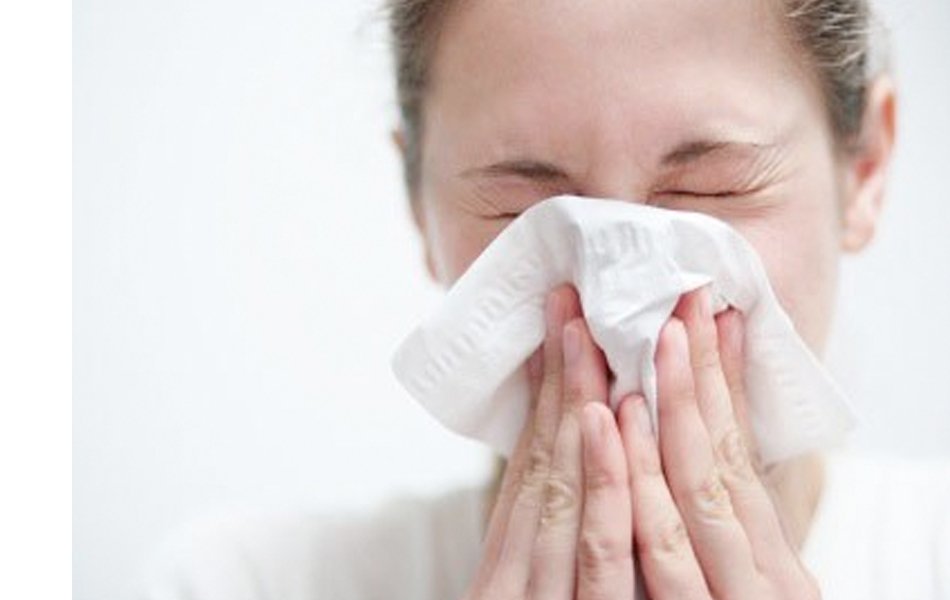
Patients will have nasal congestion for a few weeks following rhinoplasty surgery (caused by swollen tissue). Patients should avoid blowing their noses to avoid interfering with the healing process, and sneezing should be done via the mouth to avoid damaging the nasal passages.
4. Eat Healthily

Your eating habits have a significant impact on your recovery. To hasten your rhinoplasty recovery, it is suggested that you eat a healthy, balanced, and nutritional diet. Your body will mend faster if you eat a protein-rich and vitamin-rich diet. However, following surgery, a protein-rich diet with nuts, meat, eggs, fish, and yogurt is recommended to promote a speedier recovery.
5. Take Care of Your Nose
Your nose will be especially susceptible to harm as it recovers after surgery. If you fall on your face or get struck by a baseball, you could suffer severe injury and wait weeks to heal. In other circumstances, repairing the damage may necessitate a different technique. As a result, during the first few days of your recovery, we recommend avoiding exercise and intense activity. Take whatever steps you can to protect your nose as you get back into your routine.
6. Avoid Stress

Give your known ones advance notice that you’ll be taking a week off to recuperate and relax. Adjust your phone’s alerts so that you only receive the most important ones. The idea is to keep the demands on your time to a minimum, especially if they are likely to cause you stress. Healing is harmed by stress.
7. Maintain a High Head Position
Your healing process might be accelerated by keeping your head raised. Maintain this position by placing two or three cushions beneath the head, preventing excessive blood flow to the brain. The increased blood flow around your nose will cause the delicate tissues to enlarge even more if you lie flat. You’ll get used to resting flat while you heal. To avoid postponing your post-rhinoplasty healing, follow your plastic surgeon’s recommendations for timing.
8. Avoid Smoking
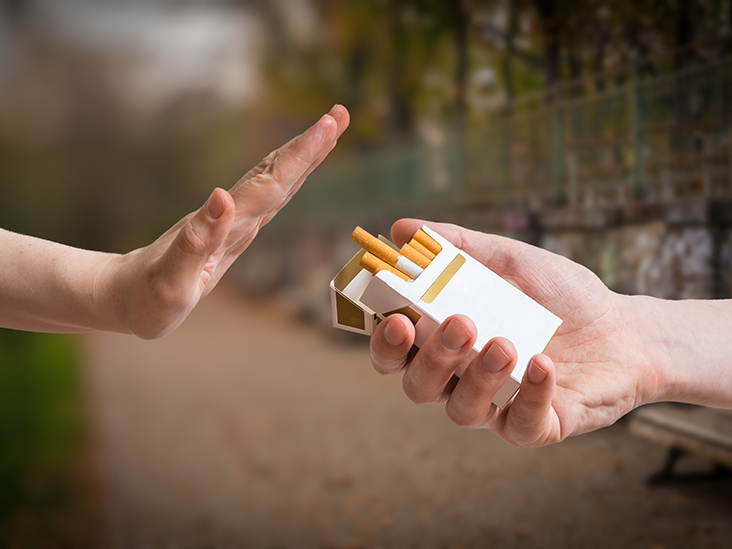
Smoking and other nicotine products reduce blood flow, making healing more difficult for your body. Stop smoking at least four weeks before your operation for optimum rhinoplasty outcomes. After rhinoplasty, continue to refrain for as long as possible, although at least four weeks is recommended. After that, who knows, maybe you’ll be able to quit.
Conclusion
The process of rhinoplasty is both safe and effective. You will reduce your chance of issues if you follow these recuperation suggestions. You’ll be able to recuperate more quickly and thoroughly.
When scheduling the surgery, you should, nevertheless, ask many questions. Get a complete list of everything you should and shouldn’t do from your doctor or nurse. You will have better confidence in your operation, plan for your recuperation period, and be prepared for your rhinoplasty once you have these guidelines.
